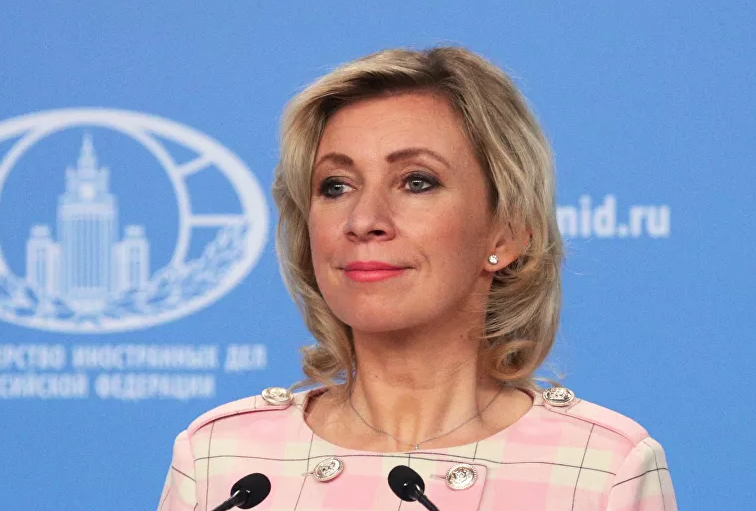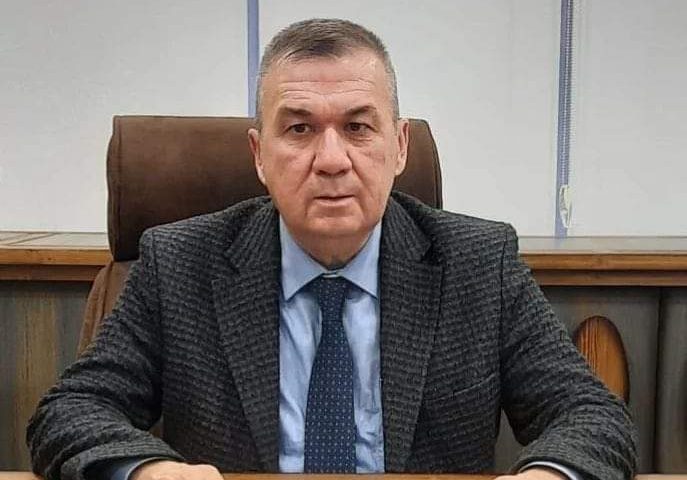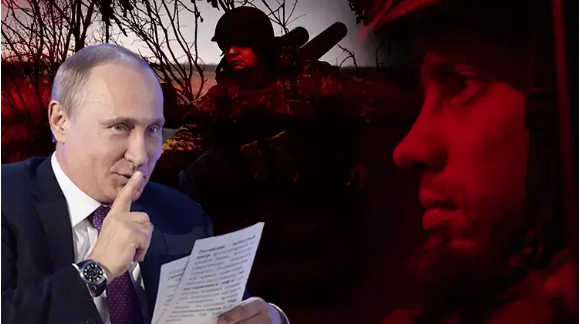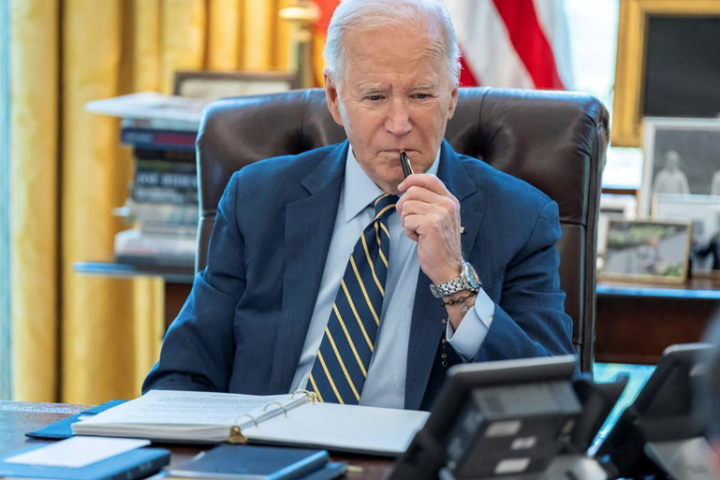Russia and Europe’s “energy war” has started to substantially roil both regions. Although Europe, which is “on a knife edge,” is using every available tool to identify alternatives, thousands of people still face the possibility of losing their jobs. On the other side, after being entirely shunned by the West, Russia has gotten an unexpected surprise in the Asian markets. According to experts, Russia’s negotiating position with China and India is in ruins. The latest on the energy issue is provided here.
Russia just shut off gas supplies to Europe in retaliation for the war it started against Ukraine on February 24.
The measures taken by European countries, which have decided to cut back on gas consumption following Russia’s decision, have been in the headlines for days.
ONE BY ONE, EUROPEAN CITIES GET DARKER
In contrast to Spain, which prohibited the use of air conditioning and said that employees might remove their ties to cool off, Germany, which is highly reliant on Russian gas, switched out the lights in historical sites and instituted “cold showers” in swimming pools and gyms.
- The latest in the ‘Energy War’: Europe on a knife edge, Putin’s hand weakened…
- Nancy Pelosi’s tense Asia tour begins in Singapore
- Well-Preserved Fish Fossils Found in England
As the continent’s favorite cities started to become darker one by one, several other European nations started to save money by turning down the lights first.
THE SITUATION IS NO DIFFERENT IN RUSSIA
It is undeniable that Europe is facing a serious crisis due to gas cuts, but according to experts, the situation is no different in Russia, which is on the other side of the crisis.
According to an analysis published by Yale University, Russia is under severe pressure after the cutback decision.
THE ENERGY INDUSTRY HAS SUSTAINED THE RUSSIAN ECONOMY UNTIL NOW
Russia’s economy has so far held up better than expected under the Western sanctions clampdown after the Ukraine war. Most analysts agree that this is due to solid earnings from the oil and gas industry.
However, research led by Professor Jeffrey Sonnenfeld of Yale University has found that the Russian economy has already been ‘severely shaken’ by extensive international sanctions and argues that it would be the Russian economy that would suffer the most from changing natural gas supply chains.
HERE ARE PUTIN AND EUROPE’S PLANS
According to an analysis by Yale experts, Russia’s total export revenues are largely derived from commodities, and these export revenues account for more than half of Russia’s total government budget.
The European Union is planning to ban all imports from Russia by the end of 2022, citing Russia’s use of the ‘energy card’ as a threat. Russian President Vladimir Putin, on the other hand, has turned to Asian markets to reduce the impact of cut energy sales to Europe.
TIGHT NEGOTIATIONS ARE TAKING PLACE: RUSSIA’S STRATEGIC SITUATION DEVASTATED
While Russia, isolated from the West, is trying to forge closer ties with other commodity exporters, price-conscious buyers realize that Russia’s hand is not as strong as it once was, and serious negotiations for discounts are taking place.
“The crisis with Europe has devastated Russia’s strategic position in negotiations with China and India and irreversibly damaged its position,” the Yale team concludes.

A EUROPE ON THE BRINK
While Russia is cutting its natural gas supply, Europe is doing everything it can to keep its economy afloat. Coal-fired power plants are being revived, billions are being spent on terminals for liquefied natural gas and heads of state are flying to Qatar, Azerbaijan, Norway and Algeria for energy deals.
But Europe’s struggle is ‘on a knife edge’, experts say, pointing to the steep rise in gas prices.
THOUSANDS COULD LOSE THEIR JOBS
There are growing fears that cutting Russian gas will force businesses to close factories. The move could put thousands of jobs at risk in Europe and create an army of unemployed.





